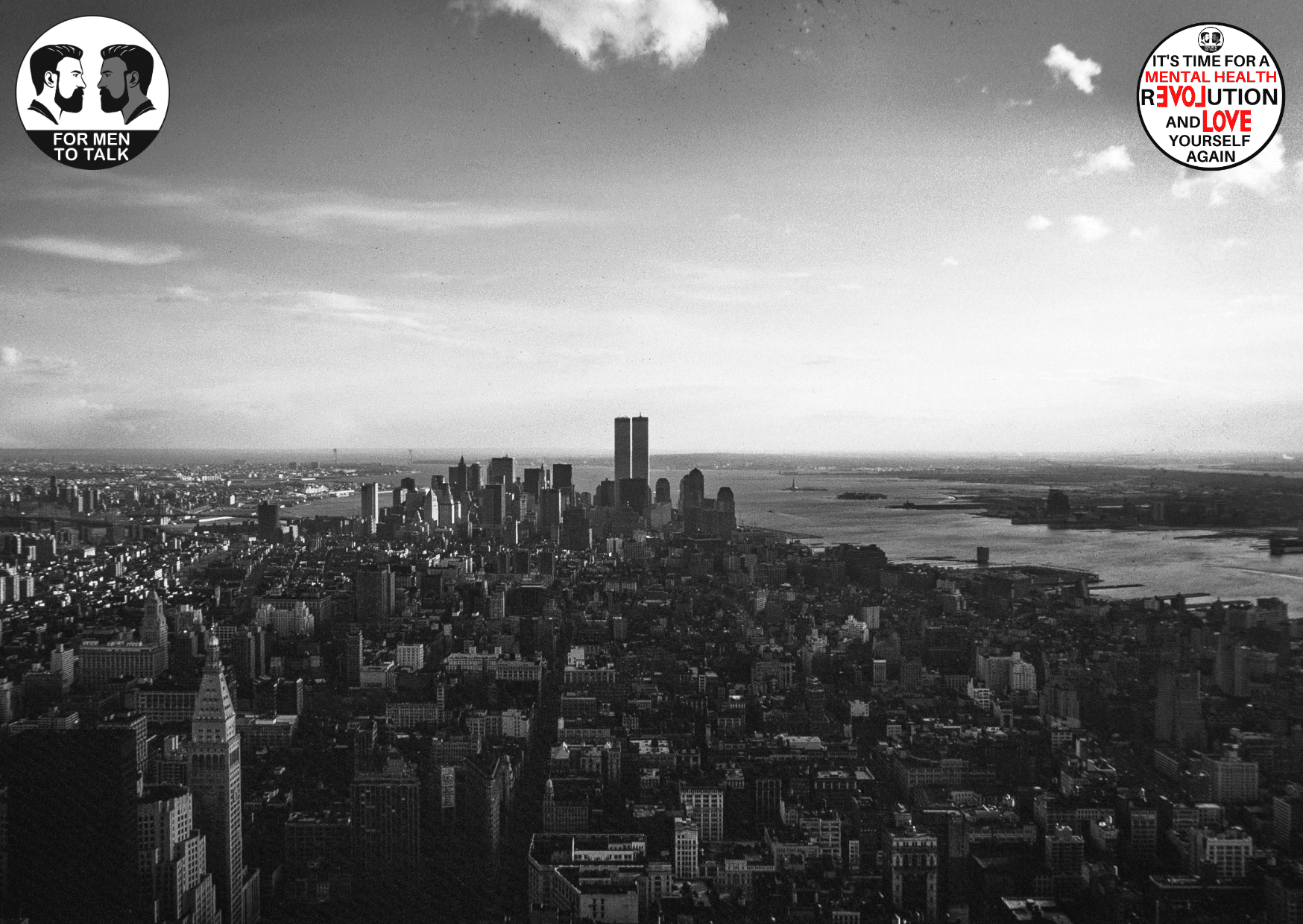The impact of the September 11 Attacks: Physical and mental health illnesses

On September 11, 2001, the world witnessed one of the deadliest terrorist attacks in human history. Coordinated hijackings of commercial airplanes struck the World Trade Center towers in New York City and the Pentagon, while another plane crashed in Pennsylvania. The immediate aftermath was devastating, resulting in the tragic deaths of 2,996 people and leaving the world in shock. However, the damage inflicted by the 9/11 attacks extended far beyond the events of that fateful day, casting a long shadow on the physical and mental health of countless individuals.
More than two decades later, tens of thousands of survivors, first responders, and residents continue to battle a range of serious illnesses triggered by their exposure to the toxic environment created at Ground Zero. These illnesses have become a quiet but powerful testament to the enduring toll of 9/11.
The Toxic Dust of Ground Zero: A Health Crisis in the Making
In the immediate aftermath of the collapse of the Twin Towers, a thick, toxic dust cloud enveloped Lower Manhattan. This cloud, laden with a cocktail of harmful chemicals, pulverized glass, asbestos, concrete, and other hazardous materials, created an environment that would expose survivors and first responders to a significant health crisis. Those who bravely rushed into the wreckage to rescue others were the first to be exposed, often inhaling this toxic dust without proper protection. However, residents, office workers, and students who lived or worked in the surrounding areas were also affected.
More than 53,531 people have since been diagnosed with cancer and other serious illnesses that have been traced back to the toxic exposure at Ground Zero. The list of conditions linked to this toxic dust is vast and varied, including:
- Respiratory Issues: Chronic respiratory diseases such as asthma, chronic obstructive pulmonary disease (COPD), and other pulmonary conditions have plagued survivors and responders. The inhalation of dust and debris led to long-term lung damage, with many suffering from breathing difficulties years later.
- Cancers: Thousands of individuals have been diagnosed with various forms of cancer, including lung, prostate, thyroid, and skin cancer. Studies have shown a significant increase in cancer rates among those who were exposed to the toxic air around Ground Zero. The chemicals released during the collapse of the towers created a carcinogenic environment, and many who were present on or after September 11, 2001, continue to face new cancer diagnoses today.
- Gastrointestinal Conditions: Persistent gastroesophageal reflux disease (GERD) and other digestive disorders have also been linked to exposure to toxic dust. These conditions can develop from both direct inhalation and ingestion of airborne particles, as well as from the stress experienced in the wake of the attacks.
- Cardiovascular Diseases: Stress and toxic exposure have contributed to a rise in heart disease and stroke among those affected by 9/11. The body’s prolonged response to trauma and inflammation caused by toxins has heightened the risk of cardiovascular issues.
Mental Health Impacts: Trauma That Persists
Beyond the physical health issues, the psychological toll of the September 11 attacks cannot be overstated. In the years following the event, mental health illnesses have continued to afflict those directly and indirectly affected by the attacks.
- Post-Traumatic Stress Disorder (PTSD): Thousands of first responders, survivors, and even bystanders have been diagnosed with PTSD as a result of their experiences on 9/11. Flashbacks, nightmares, and severe anxiety related to the trauma of the attacks have haunted many, making it difficult for them to return to a sense of normalcy.
- Depression and Anxiety: The psychological shock of the terrorist attacks, combined with the long-term stress of health concerns and uncertainty, has contributed to a rise in depression and anxiety. Individuals who lost loved ones or witnessed the horror of that day are particularly vulnerable to ongoing emotional distress.
- Substance Abuse: For many, the trauma and stress associated with 9/11 have led to the misuse of alcohol, prescription medications, and other substances as a way to cope. This has only compounded the challenges faced by those already struggling with mental and physical health issues.
The 9/11 Health Crisis Today: Continued Support and Advocacy
In response to the ongoing health crisis, several programs have been established to provide support and medical care to those affected by the 9/11 attacks. The World Trade Center Health Program, created under the James Zadroga 9/11 Health and Compensation Act, provides medical monitoring and treatment to first responders, survivors, and others impacted by the toxic exposure. Additionally, the 9/11 Victim Compensation Fund continues to offer financial compensation to individuals suffering from illnesses related to the attacks.
Despite these efforts, many still face challenges in receiving adequate care and recognition. It took years for the health effects of the toxic dust to be widely acknowledged, and new cases of illness continue to emerge even today. Survivors and their families remain vigilant, advocating for continued support, increased research, and awareness of the long-term consequences of 9/11.
Conclusion
The September 11, 2001 attacks left an indelible mark on history, and their impact persists to this day. The toxic dust that enveloped Ground Zero led to the rise of serious physical illnesses, including cancer and respiratory diseases, while the psychological trauma inflicted by the events has resulted in a mental health crisis of its own. More than two decades later, survivors, first responders, and the surrounding community continue to struggle with the fallout from that day.
While many have found resilience in the face of adversity, there is still a long way to go in terms of treatment, research, and recognition of the health crises caused by 9/11. The ongoing battle for justice and care is a reminder that the true cost of the September 11 attacks extends far beyond the lives lost on that fateful day.